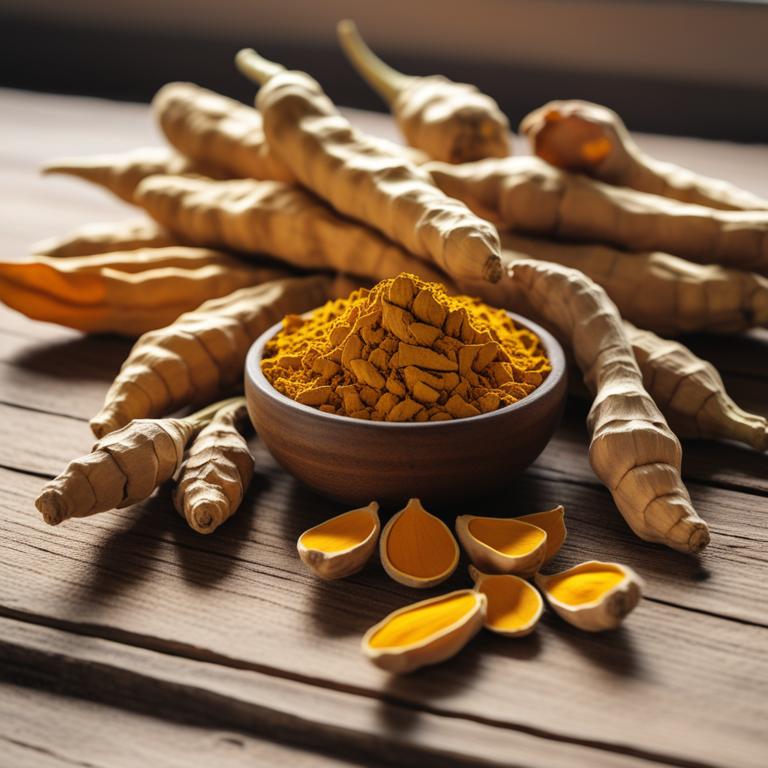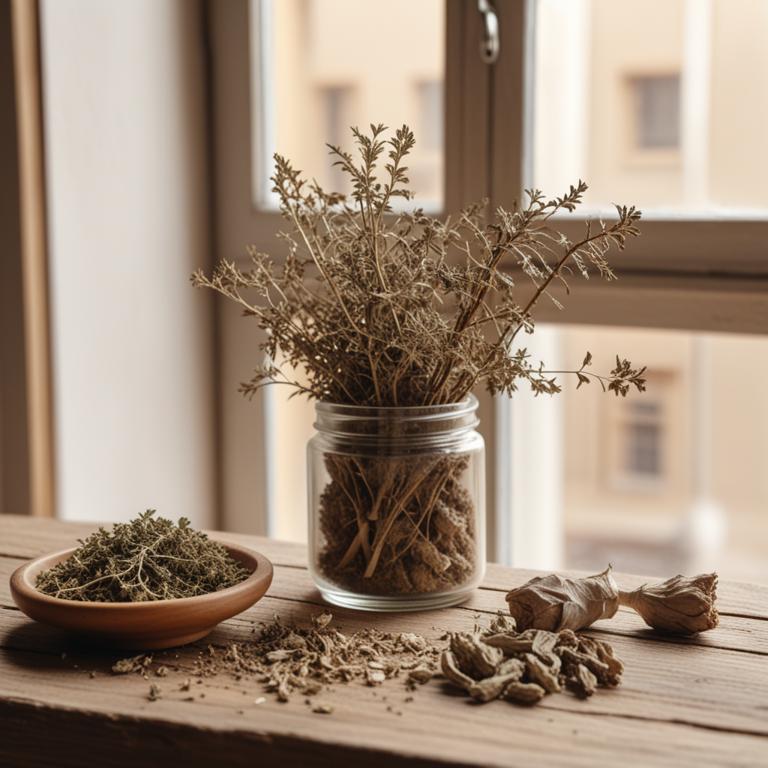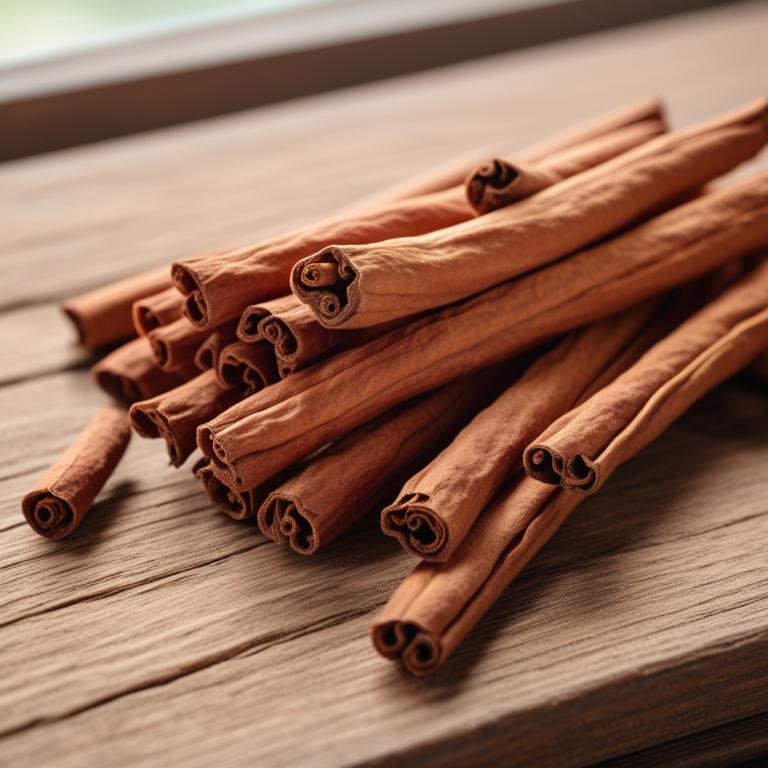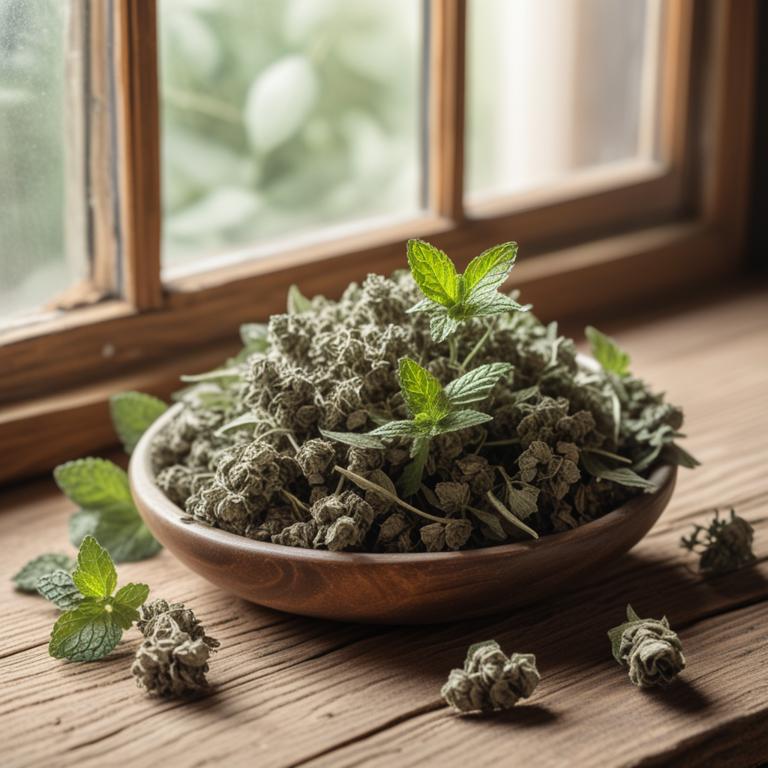Updated: Dec 1, 2024
Hemorrhoids Causes, Symptoms, and Natural Herbal Preparations
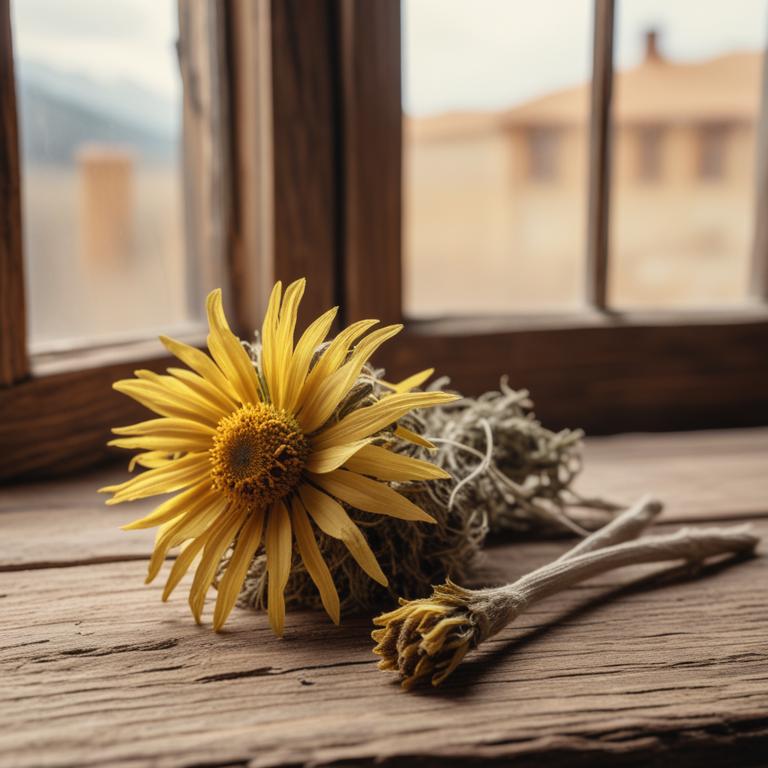
Hemorrhoids are swollen veins in the rectum or anus that can cause pain, itching, and bleeding.
When you have hemorrhoids, it can be uncomfortable and affect your daily life. You may experience pain while sitting or during bowel movements, and you may see blood in the toilet or on the toilet paper. Hemorrhoids can be caused by straining during bowel movements, pregnancy, or sitting for long periods of time. They can also be caused by a diet that is low in fiber and high in processed foods. If you don't eat enough fiber, you may need to strain more during bowel movements, which can put pressure on the veins in your rectum.
Herbal remedies can help to soothe and heal hemorrhoids. Herbs like witch hazel, aloe vera, and chamomile have anti-inflammatory properties that can reduce swelling and ease pain. You can use these herbs to make a soothing tea or apply them topically to the affected area. You can drink a tea made from witch hazel or aloe vera to help calm the swelling and pain. You can also apply aloe vera gel directly to the hemorrhoid to help soothe the area. Some people also use a sitz bath, which is a warm bath for the perineum, to help reduce swelling and ease pain.
By making some simple changes to your diet and using herbal remedies, you may be able to find relief from the discomfort of hemorrhoids.
Table of Contents
What leads to the formation of hemorrhoids?
The main causes of hemorrhoids are a combination of factors that can put pressure on the veins in the anal area.
Poor diet is one of the causes, as it can lead to constipation. When you eat foods that are low in fiber, such as processed and sugary foods, it can cause your body to hold onto water, making stools harder to pass. This can lead to straining during bowel movements, which is another cause of hemorrhoids. When you strain, you're putting extra pressure on the veins in your anal area, making them swell and become painful. Straining during bowel movements is another common cause of hemorrhoids. This can happen if you're not eating enough fiber, if you're not drinking enough water, or if you're not going to the bathroom when you need to.
When you strain, you're using your muscles to push the stool out, which can cause the veins in your anal area to become swollen and painful. Prolonged sitting is also a cause of hemorrhoids. When you sit for long periods of time, you're putting pressure on the veins in your anal area, which can cause them to become swollen and painful. This can happen if you have a job that requires you to sit for long periods of time, or if you enjoy activities that involve sitting, such as reading or watching TV. Chronic constipation is another cause of hemorrhoids. When you're constipated, you're not passing stools regularly, which can cause the veins in your anal area to become swollen and painful.
This can happen if you're not eating enough fiber, if you're not drinking enough water, or if you're taking certain medications that can cause constipation.
What benefits can be expected from using herbs for hemorrhoids?
Using herbs for hemorrhoids can bring several benefits.
These natural remedies can help reduce swelling and inflammation, making it more comfortable to sit and move around. They can also promote healing and prevent further irritation.
Some herbs may even help to relax the muscles in the rectal area, which can ease pain and discomfort. Additionally, herbs can be used to soothe and calm the skin, reducing itching and burning sensations.
Some herbs may also help to improve blood flow and reduce pressure on the veins, which can help to prevent hemorrhoids from forming in the first place.
What are the primary herbs used in medicine for hemorrhoids?
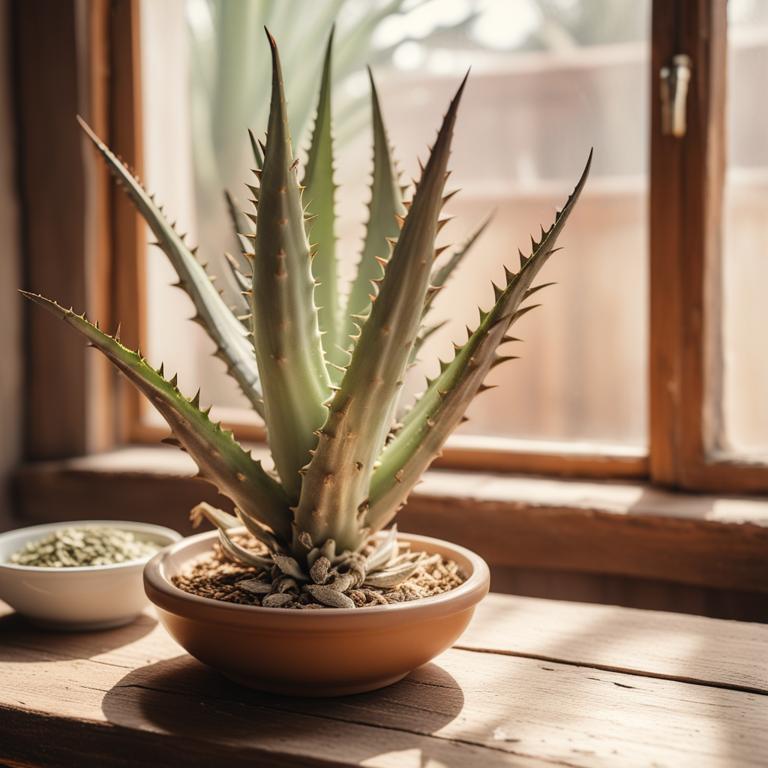
Herbs can be a great help in treating hemorrhoids.
One of the best herbs for this issue is Aloe barbadensis, also known as aloe vera. It has anti-inflammatory properties that can help reduce swelling and ease the pain caused by hemorrhoids. Aloe vera gel can be applied topically to the affected area, providing quick relief from discomfort. Another herb that can help is Hamamelis virginiana, or witch hazel. It's a natural astringent that can help reduce bleeding and itching associated with hemorrhoids. When applied to the affected area, witch hazel can constrict the blood vessels and promote healing. Aesculus hippocastanum, or horse chestnut, is another herb that has anti-inflammatory properties. It can help reduce swelling and promote blood flow to the affected area, which can aid in healing.
Horse chestnut has been used for centuries to treat various health issues, including hemorrhoids. Calendula officinalis, or marigold, is a herb that's known for its antiseptic and anti-inflammatory properties. It can help promote healing and prevent infection in the affected area. When applied topically, calendula can soothe and calm the skin, reducing discomfort and pain. Lastly, Vaccinium macrocarpon, or cranberry, may not be the first herb that comes to mind when thinking about hemorrhoids. However, it can help prevent constipation, which is often a contributing factor to hemorrhoids. By promoting healthy digestion and preventing constipation, cranberry can help reduce the risk of developing hemorrhoids in the first place. These herbs can be used separately or in combination to help alleviate the symptoms of hemorrhoids.
They can be applied topically, taken as supplements, or consumed as part of a healthy diet.
Which herbal remedies are most often used for hemorrhoids?
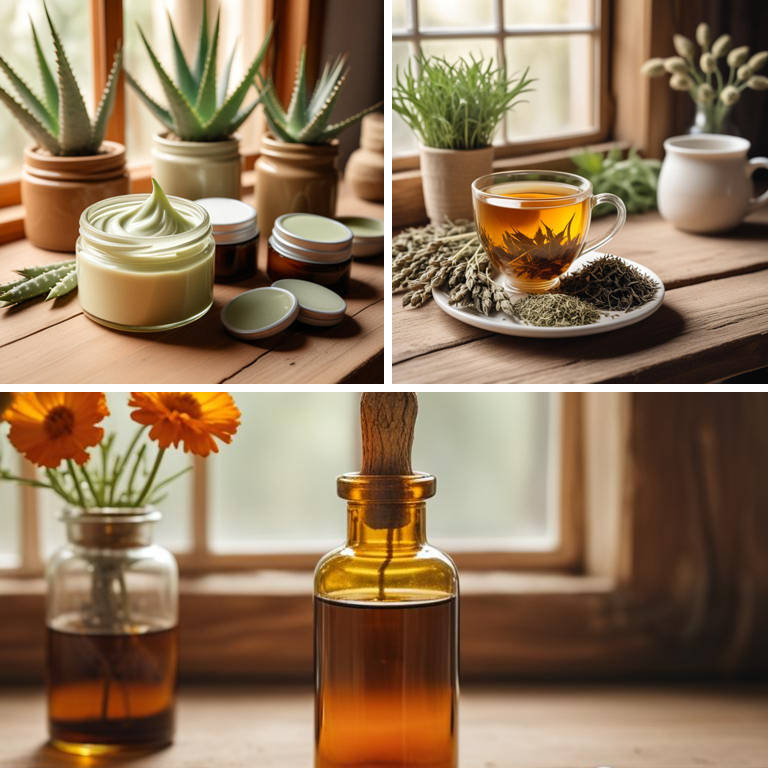
Herbal preparations can be a great help for people who suffer from hemorrhoids.
A decoction is a liquid made by boiling herbs in water. Plants like witch hazel and plantain can be used to make a decoction that helps reduce swelling and ease pain. This can be applied directly to the affected area with a cotton ball. Herbal creams can also be soothing for hemorrhoids. These creams typically contain a mixture of herbs like aloe vera and chamomile, which calm and moisturize the skin.
Applying a cream to the affected area can help reduce itching and discomfort. Herbal tea can be an effective way to relax and reduce stress, which can contribute to hemorrhoid flare-ups. Herbs like peppermint and calendula can be steeped in hot water to make a tea that helps calm the digestive system and reduce inflammation. Herbal tinctures are liquid extracts of herbs that can be applied topically or taken internally. Tinctures like those made from witch hazel or plantain can be applied directly to hemorrhoids to reduce swelling and ease pain. Herbal infusions are similar to teas, but they are typically made with flowers and leaves that are not as strong as tea.
Herbs like calendula and chamomile can be used to make an infusion that helps calm and soothe the skin, reducing discomfort and itching associated with hemorrhoids.
Additional Resources:
What herbs should you be cautious with if you have hemorrhoids?
If you have hemorrhoids, it's a good idea to avoid using herbs that could make things worse.
For example, Ginkgo biloba can cause blood vessels to dilate, which might increase pressure on your hemorrhoids and make them more painful. Glycyrrhiza glabra, also known as licorice root, can cause high blood pressure and water retention, which can irritate your hemorrhoids and make them more uncomfortable.
Cassia angustifolia, another herb, can cause the blood vessels to constrict, which might reduce blood flow to the affected area and slow down the healing process. Cinchona officinalis, which contains quinine, can cause stomach problems and diarrhea, which can irritate your hemorrhoids and make them more painful.
Cassia auriculata can also cause stomach issues and may make your hemorrhoids worse by irritating the affected area.
FAQ
Are there any specific herbs that can prevent hemorrhoids?
Some herbs like witch hazel and aloe vera may help soothe and reduce inflammation of hemorrhoids.
They contain anti-inflammatory properties that can calm irritated tissues.
Additionally, herbs like horse chestnut and butcher's broom have been traditionally used to improve blood flow and reduce swelling, which may help alleviate hemorrhoid symptoms.
Is it safe to use herbal remedies for hemorrhoids during pregnancy?
While some herbal remedies may be used for hemorrhoids during pregnancy, it's essential to be cautious.
Certain herbs can stimulate the uterus or cause bleeding, which isn't safe during pregnancy.
Some herbs like witch hazel and aloe vera may help soothe hemorrhoids, but use them in moderation and under guidance.
Are there any herbs that can reduce the frequency of hemorrhoids?
Some herbs that may help reduce the frequency of hemorrhoids include witch hazel, which has anti-inflammatory properties.
It can help soothe and calm the affected area. Another option is horse chestnut, which can help reduce swelling.
Dandelion root can also help with digestive issues, which may contribute to hemorrhoids in the first place.
Can i combine different herbal remedies for hemorrhoids?
You can combine different herbal remedies for hemorrhoids, but be cautious.
Some herbs might interact with each other. For example, witch hazel and aloe vera can help soothe and calm the area, while tea tree oil and calendula can reduce inflammation and promote healing.
Use them together in moderation and follow the recommended amounts to avoid any adverse effects.
Related Articles
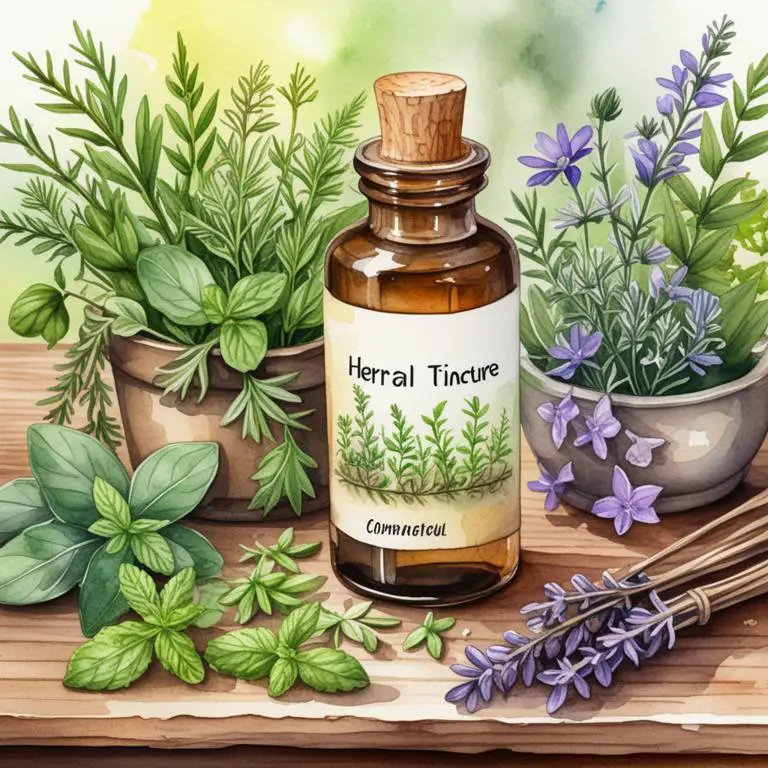
Unlocking the Secrets of Difficulty Eating: Medicinal Herbs and Herbal Preparations for a Balanced Diet
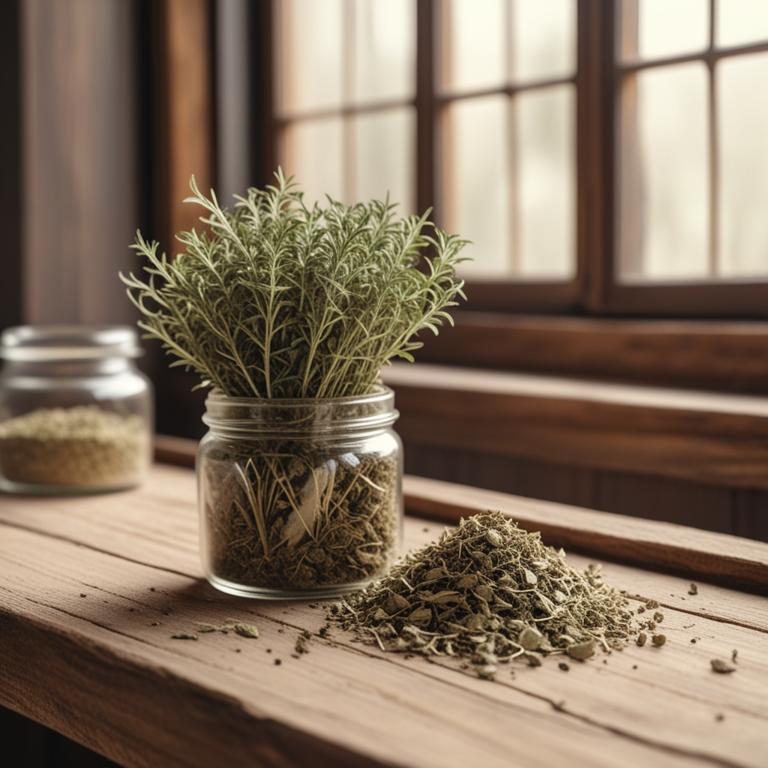
The Causes, Remedies, and Herbal Solutions for Bloating
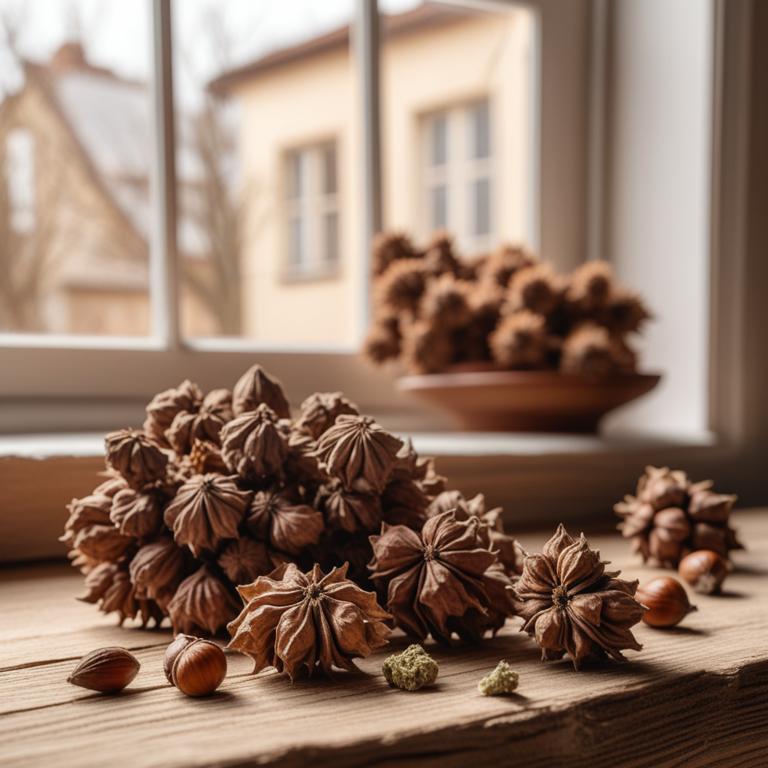
Constipation Prevention and Treatment with Herbal Preparations
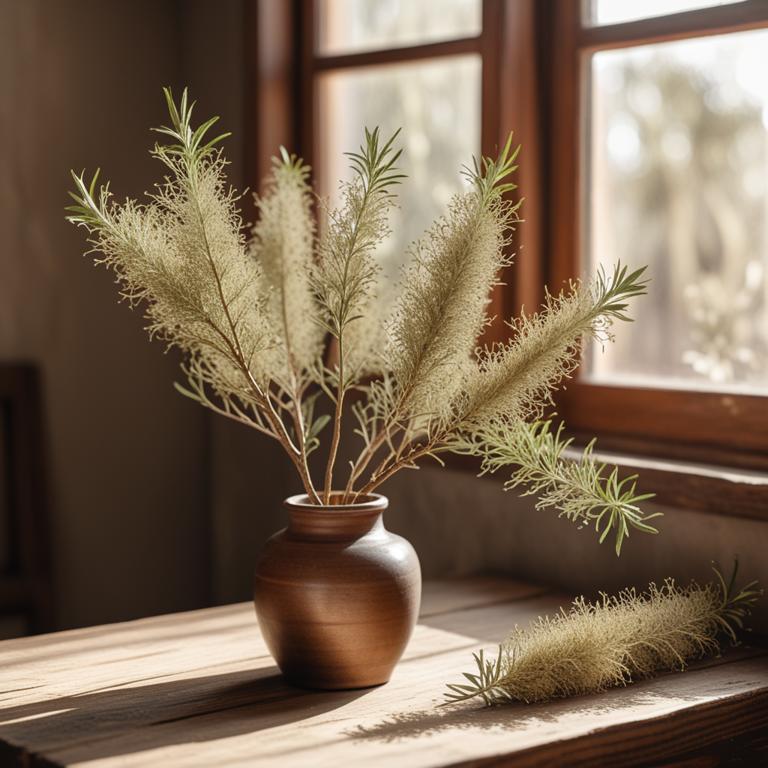
Cavities Causes and Natural Treatment Options with Medicinal Herbs and Herbal Preparations
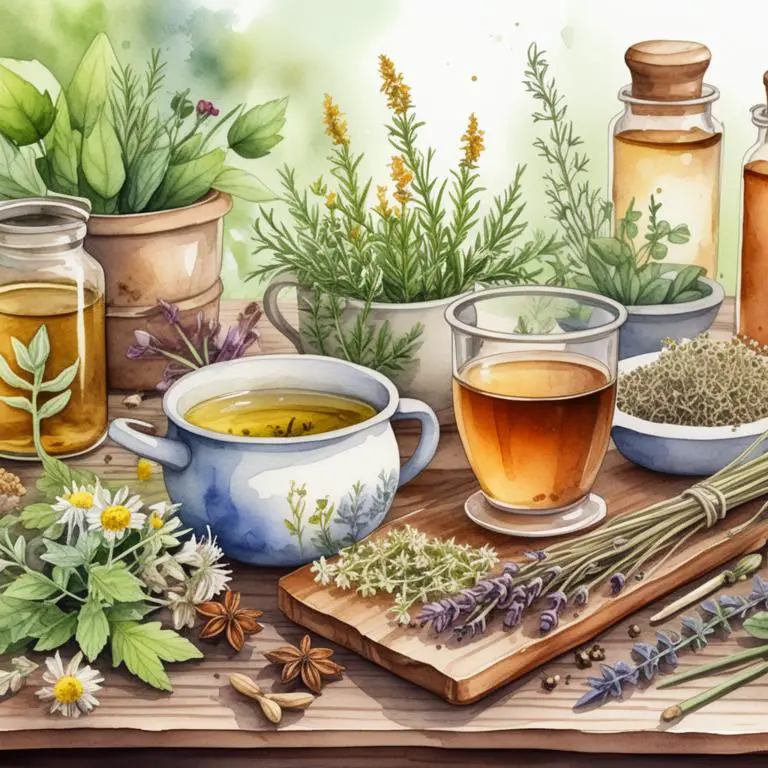
Gallstones: Herbal Remedies and Medicinal Herbs for Prevention and Treatment
